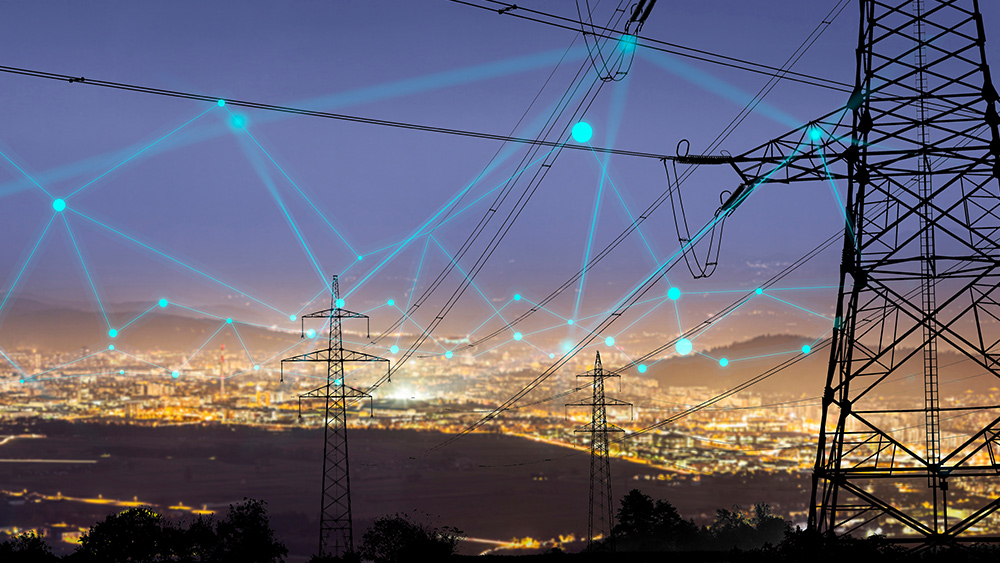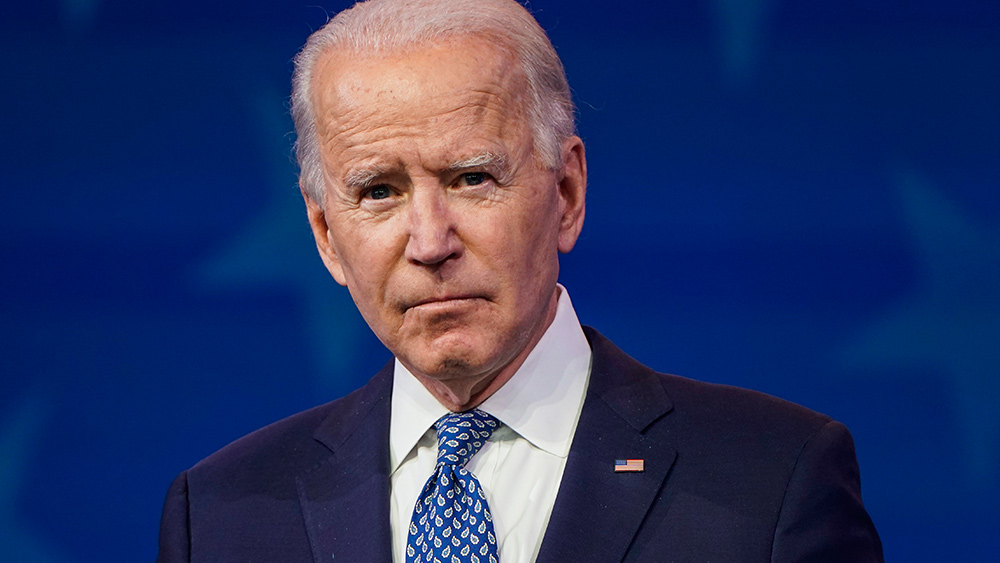 Parler
Parler Gab
Gab
Promising a "net zero" target would only cause power grid blackouts
In 2023, computer modeling work done by analyst John Brown using 2022 energy generation data shows that the plan of the British left-wing to "decarbonize" all power generation throughout the country by the year 2030 will surely trigger widespread blackouts and grid failure. The plan, announced by British lawmaker Ed Miliband of the Labor Party in a 2022 press conference, seeks to ban all use of earth-based fossil fuels in the U.K. and transition to offshore wind and onshore solar farms. However, critics argue that the scale of such a transition is simply unfeasible and could have catastrophic consequences for the country's economy and energy stability. "We have assumed that, on top of wind and solar, the U.K. has 10 GW of dispatchable capacity, such as nuclear, biomass and hydro," reported climate journalist Paul Homewood about the model's findings. "There is no electricity generated from hydrogen – there seems to be no way that bulk hydrogen infrastructure – electrolyzers, steam reformers, distribution networks and a 50GW fleet of new hydrogen burning power stations – could be ready by 2030," he said. "Equally there is no carbon capture power generation available … There are no electricity imports … There is no major expansion of battery storage to the scale needed." The modeling also discussed the potential for power deficits, with peaks reaching 41 GW during times of high demand while generation remains at 15 GW. Even with attempts to smooth these peaks using demand-side response and battery storage, the data indicates a significant shortfall in electricity supply, particularly during periods of low renewable generation. The Labor Party's plan also fails to account for weather in the U.K., where it is often cloudy and a lot of the time the wind is not blowing. Meaning, solar panels and wind farms won't generate as much energy as needed. "It is of course possible to smooth the peaks to a small extent with the help of demand side response and battery storage. But more critical is the fact that there was a 19-day period last December when there was a rising cumulative power deficit of about seven terawatt-hours, at an average of 15.7 GW," warned Homewood. "Although within this period there were short spells when generation exceeded demand, the net balance remained negative. Put simply, even with smoothing and storage there would not have been enough electricity to go round." Watch the Energy Commissioner admitting a POWER GRID COLLAPSE in the following video. This video is from the Alex Hammer channel on Brighteon.com.More related stories:
Rise of EVs is driving more demand for electricity as grid power generation declines. Biden to drive final nail in U.S. electricity grid, orders power plants to cut carbon emissions by 90% or get shut down. To reduce grid stress, electric companies can remotely disengage electric vehicle (EV) chargers – leaving drivers STRANDED during times of peak energy use. Energy commissioner warns: America heading toward power grid "reliability crisis." Texas facing ANOTHER power grid collapse amid intense winter weather spell. Sources include: TheEpochTimes.com TheCCC.org.uk WattsUpWithThat.com Brighteon.comTexas judge strikes down attempt by Biden admin to track vehicle greenhouse gas emissions
By Laura Harris // Share
Governments continue to obscure COVID-19 vaccine data amid rising concerns over excess deaths
By patricklewis // Share
Tech giant Microsoft backs EXTINCTION with its support of carbon capture programs
By ramontomeydw // Share
Germany to resume arms exports to Israel despite repeated ceasefire violations
By isabelle // Share










